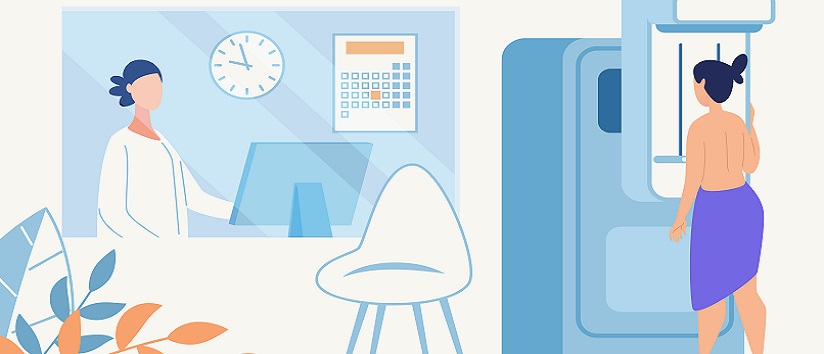Pavilion Publishing and Media Ltd
Blue Sky Offices Shoreham, 25 Cecil Pashley Way, Shoreham-by-Sea, West Sussex, BN43 5FF, UNITED KINGDOM
Health Secretary announces her top priorities for women’s health
The Health Secretary has announced her top priorities for women’s health this year, which includes menstrual problems and menopause.
The Health Secretary Victoria Atkins has announced her top priorities for women’s health this year, which includes menstrual problems and menopause, maternity care and birth trauma support.
Speaking at the Women’s Health Summit in central London to mark the second year of the landmark Women’s Health Strategy for England, she said there would also be additional support for domestic and sexual abuse victims and women in the criminal justice system.
The 2024 priorities were developed from responses to the government’s call for evidence from over 100,000 healthcare professionals, women’s health champions, members of the public and other stakeholders across the health sector.
Health and Social Care Secretary, Victoria Atkins, said: “We’re breaking historical barriers that prevent women getting the care they need, building greater understanding of women’s healthcare issues and ensuring their voices and choices are listened to.
“We’ve made huge progress – enabling almost half a million women access to cheaper HRT, supporting women through the agony of pregnancy loss and opening new women’s health hubs – but I absolutely recognise there is more to do. We’re ensuring these changes benefit all women, regardless of socioeconomic background or ethnicity, because our Women’s Health Strategy is only a success if it works for all women.”
New women’s health guidance for healthcare professionals
One of the priorities is better care for menstrual and gynaecological conditions and this will include new guidance for healthcare professionals, continuing to improve information and support for women suffering from painful heavy periods and endometriosis, and promoting easier access to contraception – which often plays a vital role in managing menstrual problems.
The Office for National Statistics will investigate the impact of period problems and endometriosis on women’s participation and progress at work, improving the understanding on how to achieve reductions in diagnosis times.
Women’s health hubs will be expanded through an extra £25 million investment to improve health outcomes and reduce health inequalities. This will include improving support for vulnerable women including victims of sexual abuse and violence by ensuring training and support systems are working collaboratively and efficiently. New models within the NHS will also be created to protect its staff.
The Health Secretary said she will continue to deliver on NHS England’s 3-year delivery plan for maternity and neonatal services as well as supporting women who suffer with birth trauma. A greater focus will be placed on preconception and postnatal care for women, raising awareness of morning sickness and actioning the recommendations set out in the Pregnancy Loss Review. Through the first ever National Institute for Health and Care Research (NIHR) ‘challenge’, backed by £50 million, researchers, policymakers and women will be tasked with finding new ways to tackle maternity disparities.
Minister for Women’s Health, Maria Caulfield, said: “Helping women and girls who suffer from bad periods can make a huge difference to their lives, education and careers. And any woman who has experienced trauma after giving birth – either mentally or physically – will know the impact it can have on all aspects of her life.
“These are issues that impact women but they should not be seen as ‘women’s problems’ – it is an everyone problem. We are doing more to put these issues on the agenda and keep them there, to close the gender health gap once and for all. We’ve made enormous strides in the first year of the strategy and I’m excited to see what 2024 will bring.”



